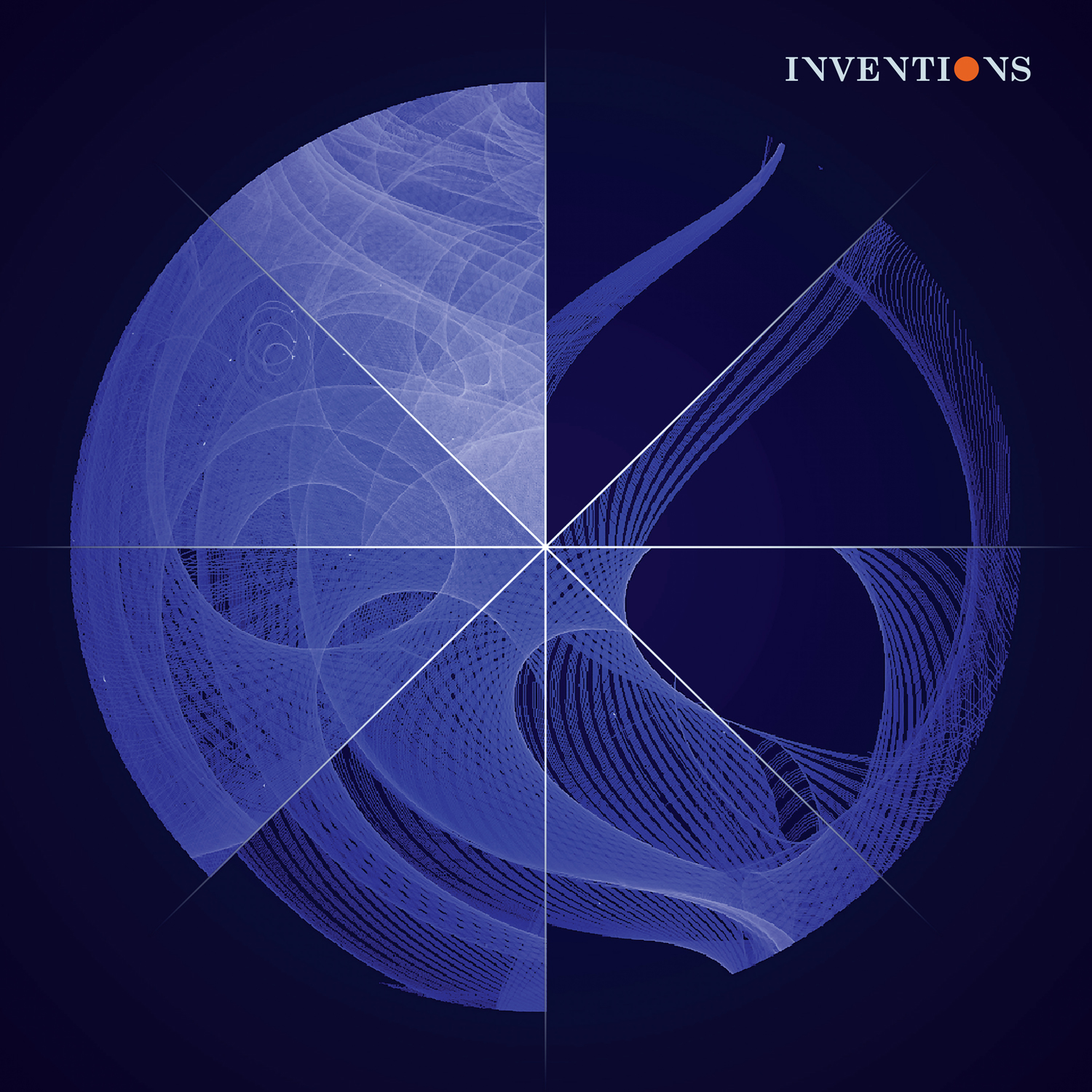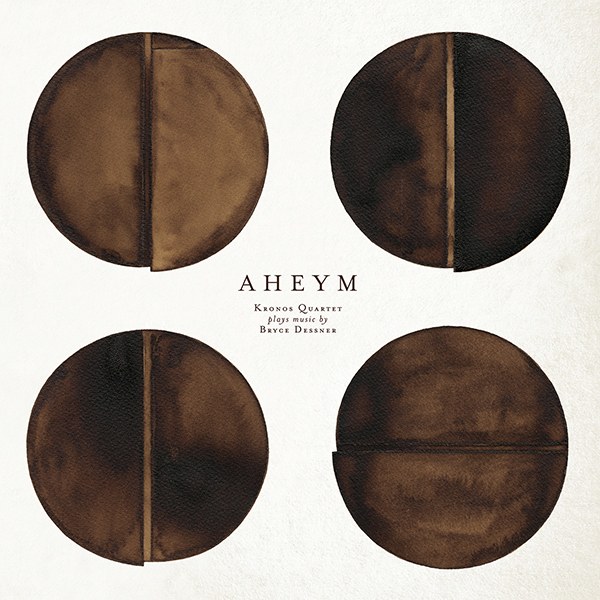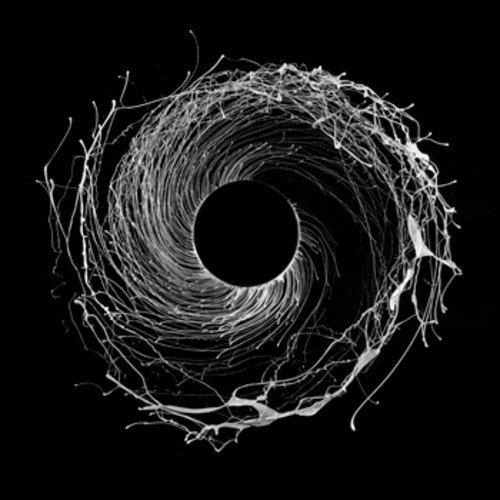
 So, we really like Sandro Perri around these parts.
So, we really like Sandro Perri around these parts.
His last full length, Tiny Mirrors, was our shop's fave record of 2007. And though it's not here on our website for reference, I believe the previous year's top record was the self-titled effort by Glissandro 70, a side project of Perri's alongside one Craig Dunsmuir...who kinda, sorta, umm...works here at Soundscapes.
If you still believe by this point that we're capable of any objectivity at all, then I would like to say this: not only do I predict that our 2011 staff poll will find Perri's latest once again on top of our year-end list, but I think he absolutely deserves the accolade...and should get the same praise elsewhere. That's because Impossible Spaces is more than just the best thing this local uber-talent has done (whether under his own name or his also-exceptional aquatic ambient guise, Polmo Polpo). It's an album that stacks up beautifully against anything released this year. It is, as a colleague of mine opined earlier, "a game changer."
But first, a little word about nepotism. No one likes it, am I right? Except that whether you're a CEO or a convenience store clerk, I'd wager we're all guilty of it at some point. Because whether it's landing someone a cushy new job or a jumbo Squishee for the price of a small, who doesn't love the feeling that comes with abusing power to favour one's friends? It's kind of innate—true objectivity just doesn't happen to be something we humans do all that well.
But, there's also a check against that kind of apparently unbridled favouritism. The truth is, that feeling of wanting to be the one to draw attention to our overlooked peers—to be deemed forward-thinking tastemakers and benevolent benefactors of a local scene—that good feeling is a transient one. It rapes and pillages and plunders and then quickly moves on. That's why so many artists (especially local ones) are built up and torn down so quickly. It's not about loving them, it's about loving the feeling that being the first to tell others about them brings us.
Familiarity and community alone does not breed loyalty. Loyalty requires more. In music, it ultimately asks that the local artist is capable of moving us in the same lasting and surprising ways that any other musician or group does. And that is what Sandro delivers to us, his very appreciative fans. He's one of a kind, baby.
Without a eye to any trend, Perri has very quietly amassed a discography of very human music. It makes sense that the first Polmo Polpo full-length was called The Science of Breath. Despite many changes in approach, his music has remained organic and instinctive in its movements. Like a creature growing and evolving before us, each new record has found ways to absorb and adjust past lessons into new patterns and expressions, each set both more efficient and more complex that what preceded it.
Consequently, Impossible Spaces is the greatest example yet of this career evolution. At seven songs, it is brief. And yet with several tracks reaching over seven minutes, nothing about the record is linear or overly direct. It contains immediate hooks (like the killer guitar bends of "Wolfman" or the gentle title mantra of "Changes"), but also is full of arrangements so subtly nuanced that they continue to be mysterious after dozens of listens. Perhaps most importantly, despite any number of touchstones (from Arthur Russell and The Sea and Cake to Van Morrison and Brian Eno), it sounds like absolutely no one else. Sure, if you're looking for it, you'll hear funk, blue-eyed soul, ambient soundscapes, folk-jazz, electronic, and psych-pop all cozying up together. But if you really listen, you'll hear an absurdly smart and humble musician following his own cues without shame or pride. And then you'll realize just how rare an experience that is.
Sandro Perri may come into our shop sometimes, and that's certainly endearing to us. But the reason we really love him—and why we'll continue to love him even if Impossible Spaces gets feted above and beyond our wildest hopes—is because he's the bloody best at what he does. He's the only guy who does what he does. And if you've ever needed a reason to check him out, it's this: this album is listen-to-it-for-the-rest-of-your-life good; it's Astral Weeks good.
And yes, we're biased. But for once, it doesn't matter.
 Monday, May 26, 2014 at 05:30PM
Monday, May 26, 2014 at 05:30PM  Whether conjuring up electronic art-rock atmospheres à la Cluster & Eno or sample-laced, funkily abstract workouts in the vein of Material and My Life In The Bush Of Ghosts, K. Leimer's output has been impressively constant (he continues to self-release in the same manner in which all these tracks were originally made available, via his Palace Of Lights imprint) but little-known up to now, making this RVNG set (an archival sequel of sorts to the label's 2012 Sensations' Fix collection Music Is Painting In The Air) all the more appreciated.
Whether conjuring up electronic art-rock atmospheres à la Cluster & Eno or sample-laced, funkily abstract workouts in the vein of Material and My Life In The Bush Of Ghosts, K. Leimer's output has been impressively constant (he continues to self-release in the same manner in which all these tracks were originally made available, via his Palace Of Lights imprint) but little-known up to now, making this RVNG set (an archival sequel of sorts to the label's 2012 Sensations' Fix collection Music Is Painting In The Air) all the more appreciated.





















